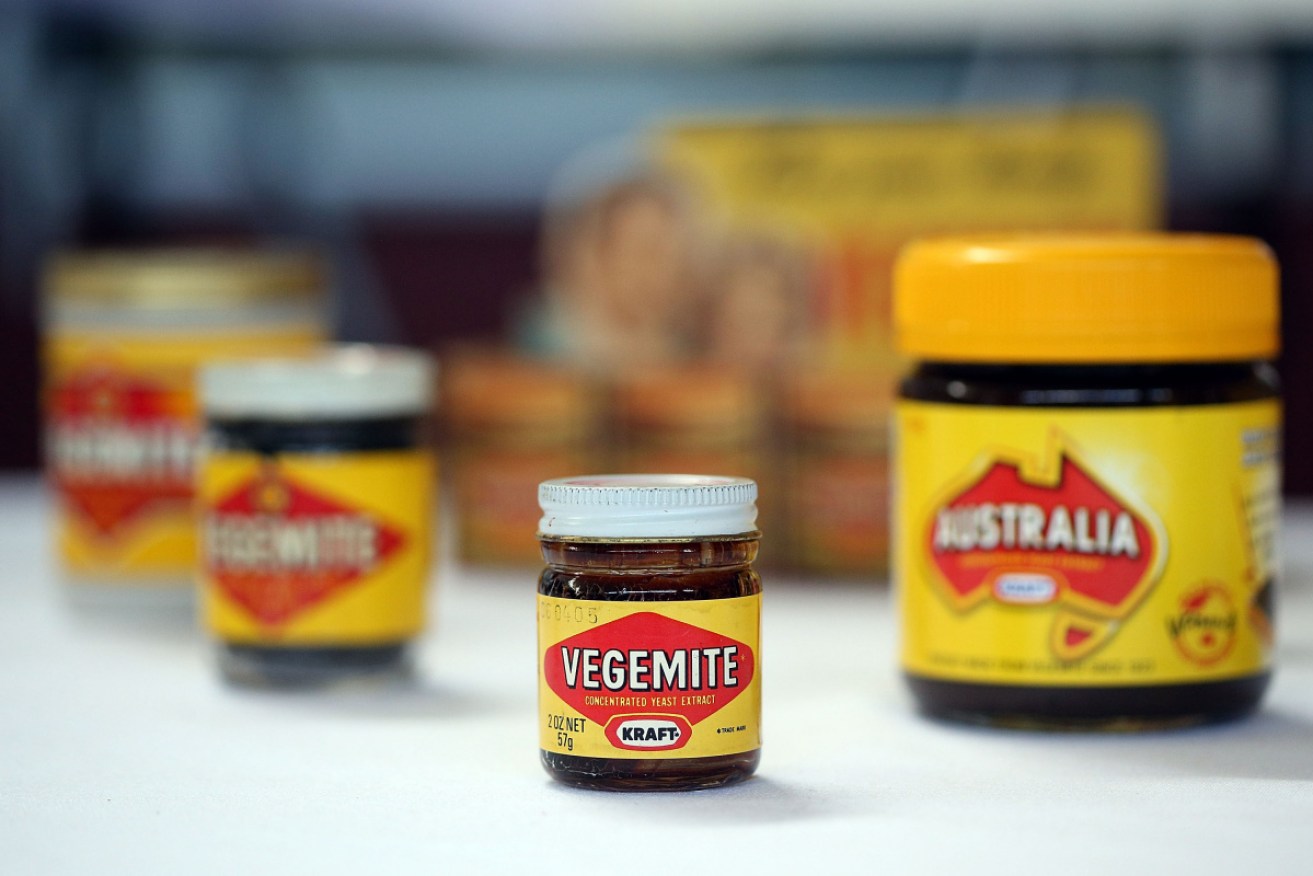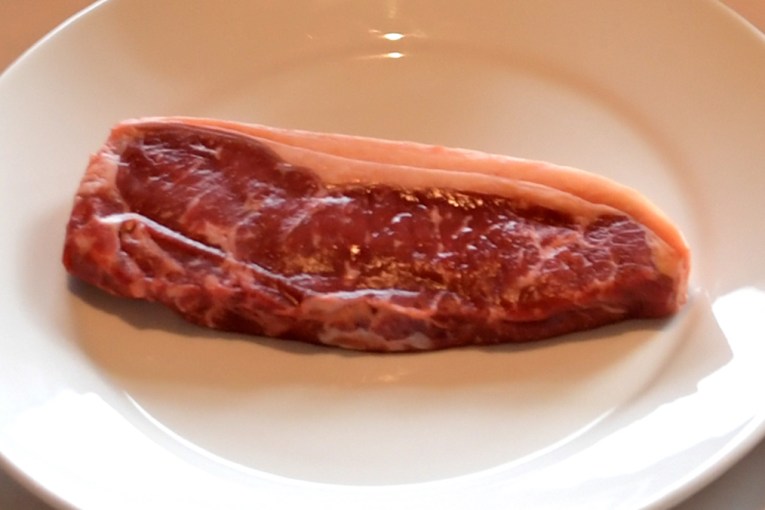Vegemite oatmeal and tomato jelly: The weirdest ways Australia’s favourite spread has been eaten

Vegemite has been around for 96 years now. But its usage hasn't always been savoury. Photo: Getty
The 1920s were a little rocky for Australia’s most famous spread, which hit shelves for the first time 96 years ago.
Vegemite was developed in 1922 by Australian food manufacturer Fred Walker and chemist Cyril P Callister, who set out to create a product to rival Marmite.
Initially called Pure Vegetable Extract, a national naming competition saw “Vegemite” pulled out of a hat to be crowned the winner in 1923.
It was trademarked and sent into stores, but sales were slow. And a branding change to “Parwill” in 1928 did not help things along.
The name Vegemite was eventually reinstated, and a series of advertisements, cookbooks, competitions and giveaways popularised the spread. Its high Vitamin B count became well known, and Vegemite was even bought in bulk by the armed forces in World War II.
The rest, as they say, is happy-little-Vegemite-history (but let’s not talk about iSnack 2.0).
To celebrate just one of Vegemite’s birthdays (Australians have also been known to celebrate when Vegemite was trademarked and when it was invented), here are some weird and wonderful ways to eat “Australia’s favourite spread”.
Oatmeal soup
In 1939, as Vegemite was cementing itself in Australia’s psyche, The Australian Woman’s Mirror published several reader-submitted recipes.
This one from “Dorothy” does not sound too bad at all.

This advertisement from 1965 highlights just a few of Vegemite’s uses. Photo:
National Library of Australia
Oatmeal Soup
Wash, peel, trim and slice 2 small leeks and cook in 1 oz. butter until butter is absorbed. Add 3/4 oz. oatmeal and 1 pint water, stir til boiling, add 1/2 pint milk and simmer 3/4 hour. Add 1/2 cup of milk and 1 teaspoon Vegemite or Marmite. Season, reheat but don’t boil, and serve with fried bread.
Breakfast rissoles
A few years later in 1948, The Australian Woman’s Mirror had a few more inventive suggestions:
“Add a teaspoon of Vegemite to scrambled eggs or leftover meat for breakfast rissoles,” they wrote.
“See what it does to potato pie, meat or vegetable fritters or patties.
“A walnut roast, rice dishes and casserole meat dishes, not to mention tasteless gravies, are all greatly improved by the addition of 1/2 a teaspoon to a teaspoon of Vegemite in the recipe.”
They also suggested adding Vegemite to omelettes, macaroni and spaghetti.
Tweet from @TroveAustralia
The Vegemite Lifesaver
Believe it or not, there are dozens of recipes for drinking Vegemite.
From dissolving some in milk, to drinking it with hot water and lemon, the most bizarre has to be the Vegemite Lifesaver, as seen in a Kraft Walker Cheese Co cookbook from the 1940s.
“Mix together one well-beaten egg, one tablespoonful ketchup, 1/2 tablespoonful lemon juice, 1/2 teaspoonful Vegemite and dissolve in 1/2 tablespoonful boiling water. Serve very cold or shake and serve with crushed ice.”
We’ll pass, thanks.
Vegemite and jelly
Kraft also published a few recipes for jellied Vegemite salads.
While Vegemite is well acknowledged as a nice, salty addition to toast and avocado, we are just not sure about having it with sausages, nutmeg and gelatine.

Kraft published this recipe in one of its cookbooks. Photo: National Library of Australia
Vegemite chicken
Speaking of things that actually sound OK, chef Ben O’Donoghue created this recipe for Vegemite chicken in 2010.
It involves smearing the whole roast chook with Vegemite, creating a salty rub before popping it into the oven.

Ben O’Donoghue’s Vegemite chicken recipe. Photo: ABC
Sweet like chocolate
Vegemite is not restricted to the savoury world. According to the allegedly edible recipes, you can add it into biscuit mixes, serve it in a chocolate ganache, or make it into a caramel to dip fruit into.
We are still divided about whether the Vegemite icy pole was a good idea though.
Tweet from @Vegemite
–ABC








